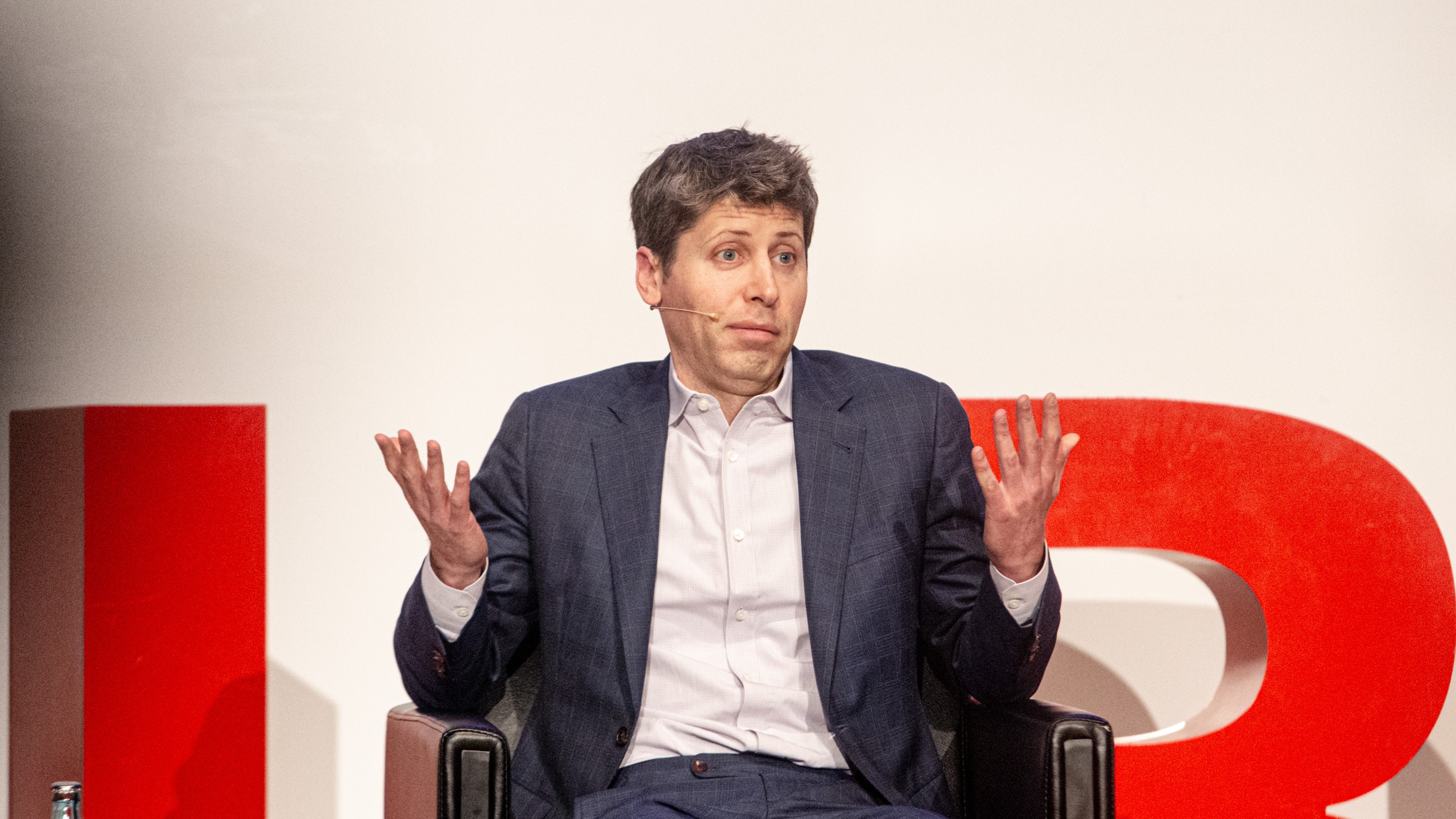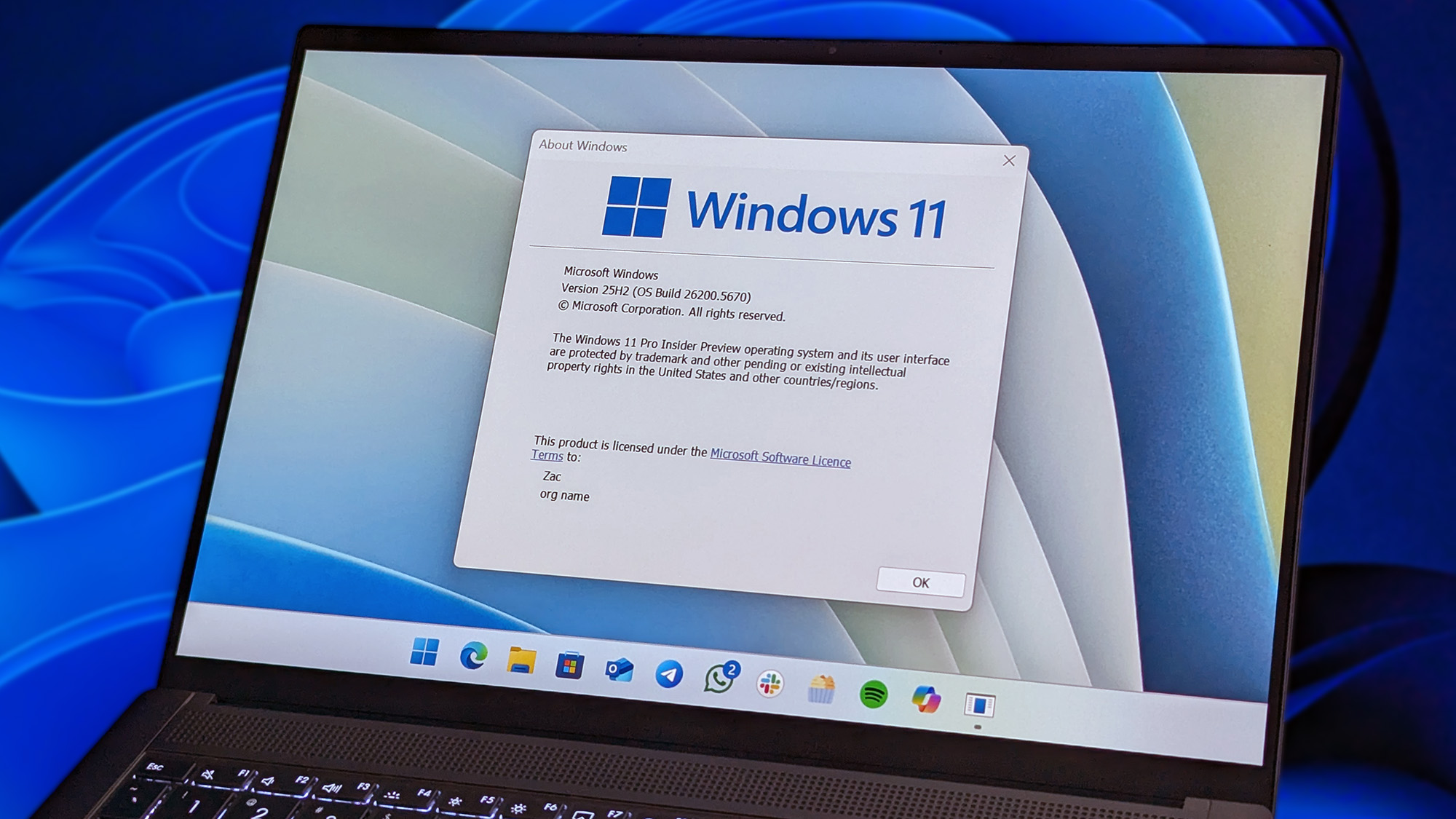Sam Altman calls DeepSeek AI "impressive" — but casts doubts on claims of efficiency gains ahead of OpenAI's own dominance
OpenAI's CEO is skeptical about DeepSeek making any significant efficiency breakthroughs in AI, especially ahead of his company.

All the latest news, reviews, and guides for Windows and Xbox diehards.
You are now subscribed
Your newsletter sign-up was successful
At the beginning of the year, China-based DeepSeek burst into the generative AI landscape with a model surpassing OpenAI's o1 reasoning model across a wide range of categories, including math, science, and coding at a fraction of its development cost.
OpenAI CEO Sam Altman indicated that DeepSeek's R1 model is impressive, "particularly around what they're able to deliver for the price". However, the executive exuded confidence that his company would continue to dominate the AI landscape:
"We will obviously deliver much better models and also it's legit invigorating to have a new competitor! We will pull up some releases."
In a recent interview with Bloomberg, OpenAI CEO Sam Altman shared some interesting insights and thoughts about DeepSeek's efforts in the AI landscape (via BartChart). According to the executive:
"The DeepSeek team is very talented and did a lot of good things. I don't think they figured out something way more efficient than we figured out.”
Recent reports suggest that DeepSeek's cost-efficient model might be a ruse, further detailing that the Chinese startup reportedly spent $1.6 billion and bought 50,000 NVIDIA GPUs.
Elsewhere, a separate report detailed that DeepSeek's content is quite similar to OpenAI's models, including ChatGPT's writing style by 74.2%. This potentially indicates that the company leveraged the distillation technique from rival companies to save on training costs, which is consistent with the claim that the company used Microsoft and OpenAI's copyrighted content to train its model.
All the latest news, reviews, and guides for Windows and Xbox diehards.
As you may know, AI is turning out to be a very expensive affair in terms of computing power and cooling water, especially as it scales greater heights and becomes more advanced. The emergence of DeepSeek's ultra-cost-effective AI model raised eyebrows among investors, prompting them to question the billions of dollars invested in the resource-hungry technology.
Last year, OpenAI was on the cusp of bankruptcy with projections to make a $5 billion loss by the end of 2024. However, Microsoft, NVIDIA, SoftBank, and other key stakeholders rallied together in a round of funding to keep its business operations afloat, pushing its market capitalization to $150 billion.
The ChatGPT maker recently held another round of funding with SoftBank, helping raise $40 billion, which pushed its market capitalization to $300 billion. However, the company is now under immense pressure to convert into a for-profit entity or risk outsider interference and potential hostile takeovers amid growing tension in its multi-billion-dollar partnership with Microsoft.
In the interim, OpenAI CEO Sam Altman is quite confident that his team already knows how to build and develop AGI (artificial general intelligence), prompting him to indicate that the team is now focused on chasing down superintelligence.

Kevin Okemwa is a seasoned tech journalist based in Nairobi, Kenya with lots of experience covering the latest trends and developments in the industry at Windows Central. With a passion for innovation and a keen eye for detail, he has written for leading publications such as OnMSFT, MakeUseOf, and Windows Report, providing insightful analysis and breaking news on everything revolving around the Microsoft ecosystem. While AFK and not busy following the ever-emerging trends in tech, you can find him exploring the world or listening to music.
You must confirm your public display name before commenting
Please logout and then login again, you will then be prompted to enter your display name.
